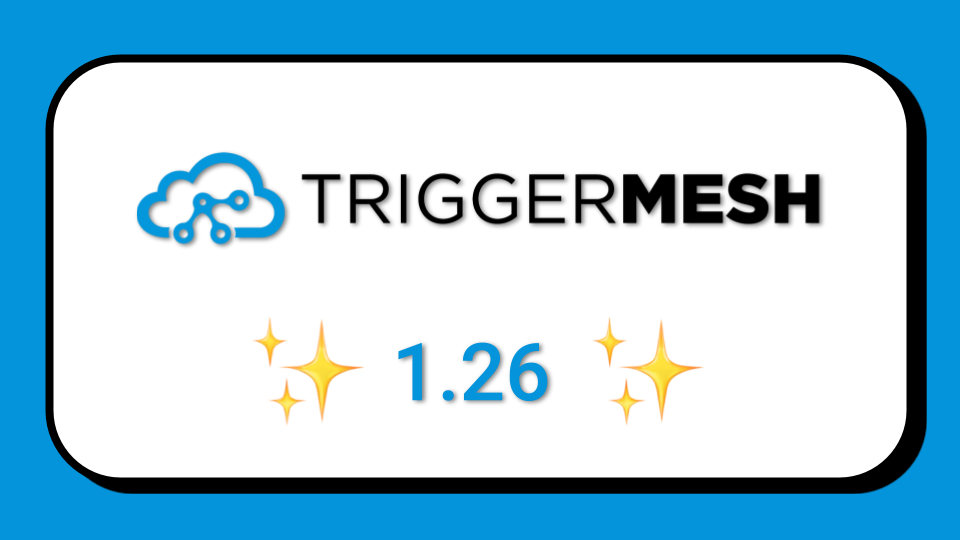




Cloud computing frees developers to focus on writing business logic, and leave the undifferentiated software to any number of cloud providers. This could be a general-purpose cloud, like Oracle Cloud, a dedicated SaaS cloud like Elastic, Datadog, or NetSuite, or an on-premises cloud running OKE.
What all this means is that most enterprises now have a heterogeneous mix of services running on the “best” cloud for each particular workload. This can present a challenge when you need to connect the insights from one service - let’s say CRM - with the users of other systems - such as finance or ERP. As cloud services become more discreet, and more numerous, the need for agile integration grows exponentially.
The TriggerMesh Cloud Native Integration Platform provides developers with a modern, event-driven approach to multicloud integration. Let’s quickly look at how this next-gen integration approach differs from legacy message-based integration tools with which you may be familiar.
Legacy integration tools (Dell Boomi, Mulesoft, etc.) tightly couple the payload with the integration message. This means writing, installing, and maintaining integration libraries everywhere. Maybe not a big deal for one - or even a small number - of relatively static integrations. As the number of cloud services skyrockets, this integration approach fails.
TriggerMesh cloud native integration, which is based on event-driven architecture (EDA), surpasses simple message-oriented integration. Events differ from messages in that events are simply a notification that a change in state occurred (e.g., for sale/sold, new customer, new billing information, etc.).
With TriggerMesh, the applications publishing events (aka event sources) do not need to know anything about their subscribers (or targets). In this modern model, event targets decide which event sources they are interested in. This enables a constant state of awareness so that producers can stream data about various types of events (or topics) in real time to all potential consumers. And since it’s cloud native, all this power comes in a portable, agile, scale-to-zero package.
The TriggerMesh / Oracle partnership opens enormous opportunities to take control of your architectural strategy. Now, you don’t need “lift and shift” in order to benefit from the cloud. You can progressively modernize on-premises applications with event-driven integration to any other system or service, no matter where it is running.
TriggerMesh offers two consumption models to support enterprises’s varied use cases and skill levels. For less complex use cases, and for less technical users, use our low-code UI to create new application flows (we call them Bridges). For teams more comfortable with DevOps approaches, TriggerMesh offers a powerful declarative API to create integrations-as-code. Customers often use the TriggerMesh API in combination with their existing CI/DC pipeline for a fully-automated GitOps approach to cloud native integration.
To demonstrate the unique capabilities of TriggerMesh with Oracle Cloud, we recently performed a POC that integrated Oracle Cloud metric events in real time with Datadog so the customer could maintain a single pane view of their application performance.

Join TriggerMesh Engineer Chris Baumbauer on May 12 for a webinar on “Multi-Cloud Integration Made Easy: Real Time Cloud Integration For Oracle Customers.” Chris will demo how Developers, DevOps, and Architects can rapidly create an integration between Oracle Cloud and Datadog. To highlight the versatility of TriggerMesh multi-cloud event integration, we will also demo adding AWS CloudWatch Metrics as a source.
TriggerMesh has extended its Cloud Native Integration Platform to support to On-premises Oracle, Oracle Cloud Infrastructure, and Oracle Container Engine for Kubernetes (OKE).TriggerMesh, which is available on the Oracle Cloud Marketplace, enables real-time integration with OracleDB and cloud services, so Oracle customers can build event-driven applications out of any on-premises application and any cloud service.